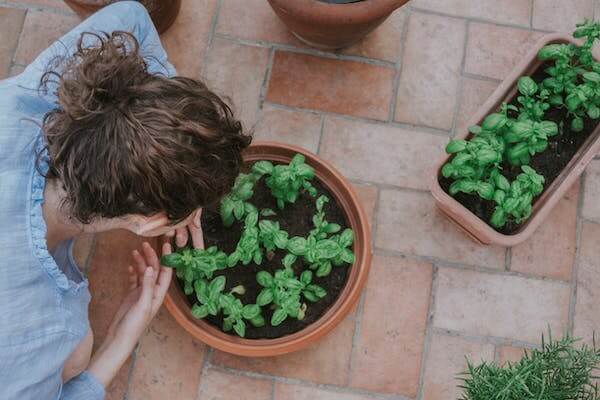One of the most environmentally friendly ways to improve your garden is by composting. Composting is the process of turning your kitchen waste into nutrients rich organic matter that enhances your garden’s soil. Garden enthusiasts are often looking for ways to improve their plants, if that is you then this blog is right for you. We are going to dive into ways you can include rich nutrients to your plants with no cost.
Why Compost?
Garden composting is a win-win for your garden and the environment. Composting reduces waste, improves soil health, enhances plant growth and finally it reduces chemical dependency. We understand the benefits of composting now lets learn the different aspects of composting.

Do
- Aerate
Regularly turn or mix your compost pile to ensure good airflow. Oxygen is essential for the decomposition process.
- Keep Moisture in Check
Your compost pile should be as damp as a wrung-out sponge. If it’s too dry, add water; if it’s too wet, add more brown materials.
- Cover Your Compost
Use a lid or cover material (like straw or cardboard) to prevent pests and excess rain from disturbing your compost.
- Layer Materials
Alternating layers of green and brown materials helps balance your compost and prevent unpleasant odors.
Don't
- Avoid Meat and Dairy
These materials can attract pests and take longer to decompose. Stick to plant-based waste.
- Stay Away from Diseased Plants
Avoid composting plants that show signs of disease to prevent the spread of pathogens.
- No Pet Waste
Pet waste, such as cat litter or dog feces, should not be composted due to potential health risks.
- Don’t Add Weeds with Seeds
Weeds with mature seeds may sprout in your garden when you use the compost. It’s best to avoid them.

Ways To Compost:
Juicing
When making yourself a delicious fruit and vegetable drink save the excess pulp, bake it, blend it and feed it to your plants! Not only is this beneficial for your health and also helping your plants get the nutrients it needs.
Banana Peels
You may toss your whole banana peel in your compost but cutting them in little pieces will make the compost process shorter. Bananas offer your soil rich potassium.
Egg Shells
Waster your egg shells, dry them out and blend them up. After they are ready, add them to your garden. Egg shells may take a couple months to decompose. Egg shells introduce rich calcium to your soil.
Coffee Grinds
You may throw in the coffee filter as well! This adds phosphorus and potassium to your plants.
Fruit and Vegetables
Pits, peels and scraps of fruit and vegetables may be put in your garden to add even more nutrients.
Get Started Now
The Composting Process
Composting is a natural decomposition process that takes time. The duration can vary, but with proper care, you can expect to have usable compost in about 6-12 months. The compost is ready when it’s dark, crumbly, and has an earthy smell.
To Conclude
Mastering your composting skills is a great way to enhance your garden experience as well as reduce the ecological footprint. By following these tips and tricks you will be a professional at how to take care of your garden in now time. Start today and watch your garden thrive as it becomes more sustainable and vibrant as ever before!



